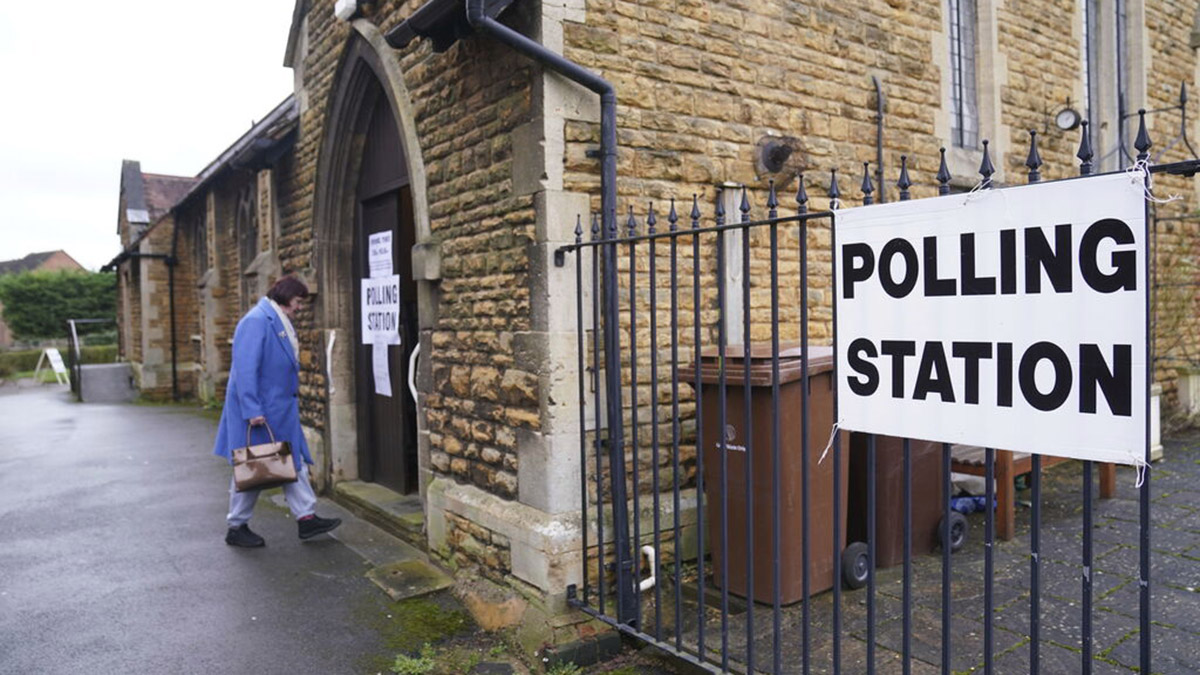The McGonagle Reader, or MGR, is an innovative audio-tactile device designed to aid blind and partially sighted voters. This device combines an audio player with a plastic template to help users locate the voting boxes on the ballot paper. The development of the McGonagle Reader was spurred by the Elections Act 2022, which mandates that election administrators provide accommodations such as tactile voting devices, large print ballot papers, magnifiers, extra lighting, and staff assistance to ensure all voters can access polling stations.
Pakflatt, the company behind this patented invention, created the McGonagle® Reader to comply with these new regulations and to enable blind and partially sighted voters to vote independently. The device has been positively received, as evidenced by Khadija’s experience:
According to The Guardian live blog on the United Kingdom elections, Khadija shared that when she went to the polling station, they had the McGonagle device, which was the first time it had been used there, and she believed she was the first person to use it. She noted that the staff seemed a bit nervous but that the device worked well. The ballot was correctly aligned underneath the template, and she was given headphones for privacy. Khadija was initially concerned that using the device on election day might be more complicated than during her previous tests, but she found it simple to use. It was the first time she had voted by listening to the ballot and marking the box herself.
Despite advancements like the McGonagle Reader, there is still a significant need for improvements.
The Royal National Institute of Blind People (RNIB) has called on political parties to commit to removing barriers that prevent blind people from voting independently and in secret. The RNIB estimates that 160,000 people in the UK with severe sight loss struggle to vote independently due to insufficient adjustments at polling stations. At the last general election, only 13 percent of blind people felt they could vote independently and in secret, highlighting the need for further efforts to enhance accessibility in voting.
)